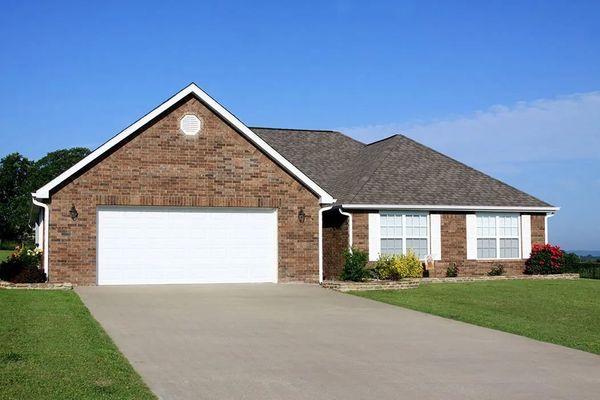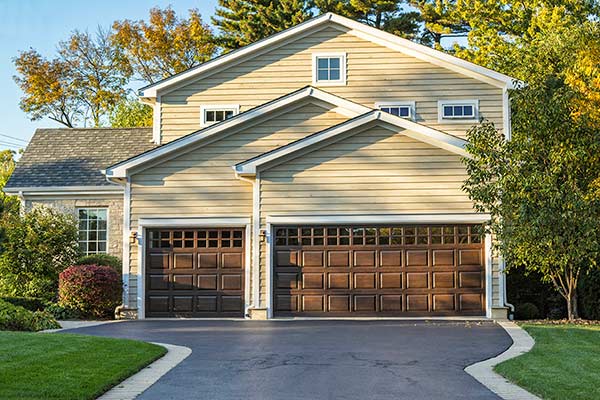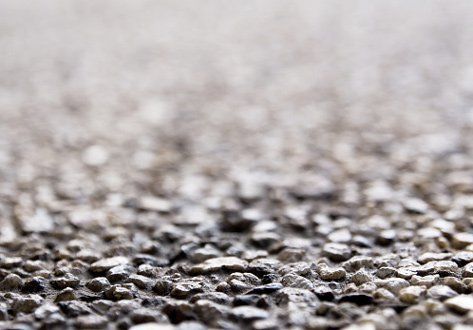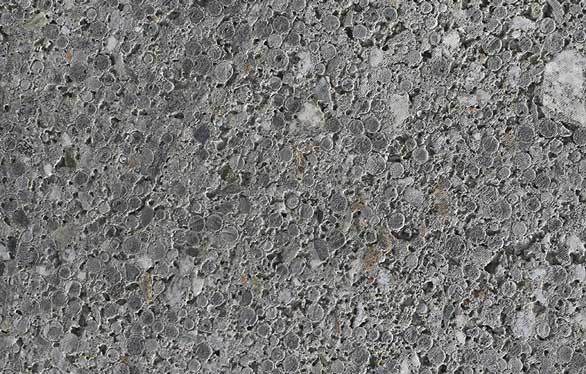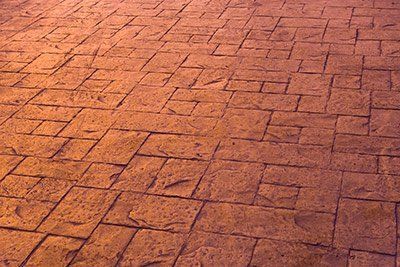A stamped concrete driveway can be a beautiful addition to your home's outside decor. But whether you're replacing a current stamped driveway or putting one in to replace a plain concrete driveway, you'll need to work out some details, such as the design specifications, the best time for replacement, and other issues, before you start the job.
Here are some considerations to keep in mind as you start to plan your driveway replacement.
1. Disposing of Old Concrete
Concrete is often considered a relatively eco-friendly material. It can be produced with waste materials such as fly ash, and it's made of natural minerals rather than petroleum-based materials. But even better, concrete can be recycled into fresh building materials at the end of its working life.
Once your old concrete driveway is broken up and removed from the driveway spot, you may be able to sell it cheaply to someone local who wants to use it in their landscaping or a building project. Or you could use the pieces yourself as a rustic edging for garden beds.
If that doesn't appeal to you, you could give the material away, or even send it to a recycling center. The point is, your old concrete materials shouldn't have to take up space in a landfill.
2. Planning Around the Weather
One thing you'll want to consider early on is which season will be best for your driveway replacement. After all, you don't want to experience any problems with the concrete setting process. And in fact, contractors are likely to tell you that milder seasons such as spring and fall are likely to yield best results.
However, concrete pouring jobs can work well in the wintertime, too. If you do want to schedule the job in winter, keep in mind that it may take longer and may require specialized equipment (such as heat blankets) that could add to the cost of the driveway.
3. Finding the Best Contractor
The first basic qualification should be making sure any contractors you consider are properly licensed to work in your area. Licensing and license requirements can vary by state. In North Carolina, contractors have to not only pass an exam but meet other qualifications as well.
For instance, the contractor will need to have enough relevant experience before being granted the license. They also need to have financial stability (this gives you some assurance that the contractor won't go broke and leave your job incomplete).
After determining the contractor is correctly licensed in your area, you should progress to checking their reputation online, if they have an online presence. Be sure to also ask for recommendations from recent customers, and seeing if any of the contractors you're considering have personal recommendations from your network of family and friends.
4. Design Specifications and Elements
Once you've decided on logistics such as which contractor to use and when to schedule the job, you'll want to think about the design specifications for your new driveway. First, consider if you ever had problems with the previous driveway. Was it too small? Did it suffer from cracks due to foundation problems?
If your driveway had any issues, talk to your contractor about how your new driveway can be designed to avoid these potential problems. Once that's settled, think about how you want your driveway to look. Any particular stamping patterns, any ideas you have about what color you'd like to be stained, and so forth should be discussed at this point as well.
Once you have the logistics down, choose a contractor, and decide what design specifications and elements to include in your driveway, you'll be ready to move forward with the project. If you're currently at the stage of looking for the best contractor, consider giving
Carolina Concrete Designs, Inc.
a call. Our decorative concrete skills are at your service.
